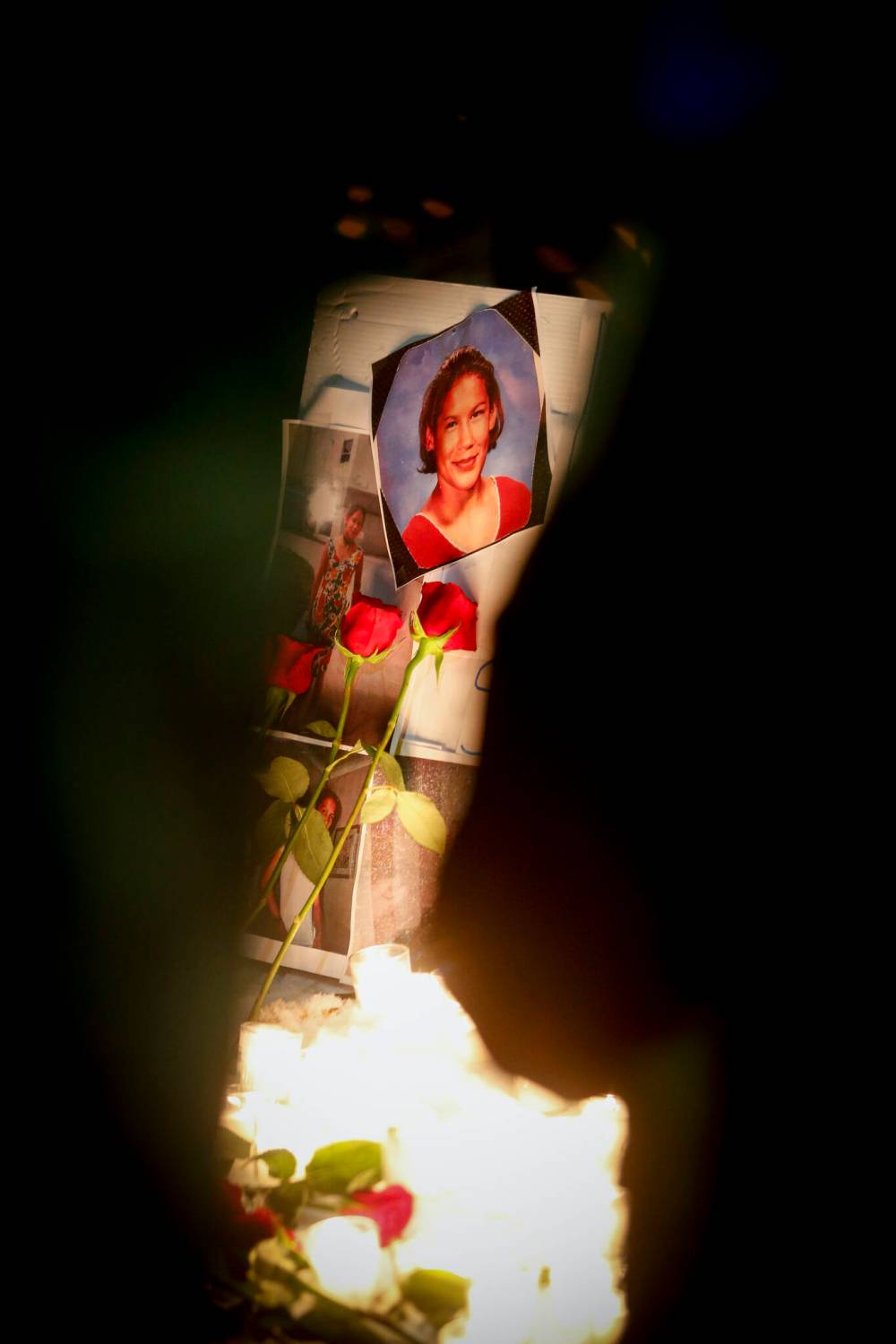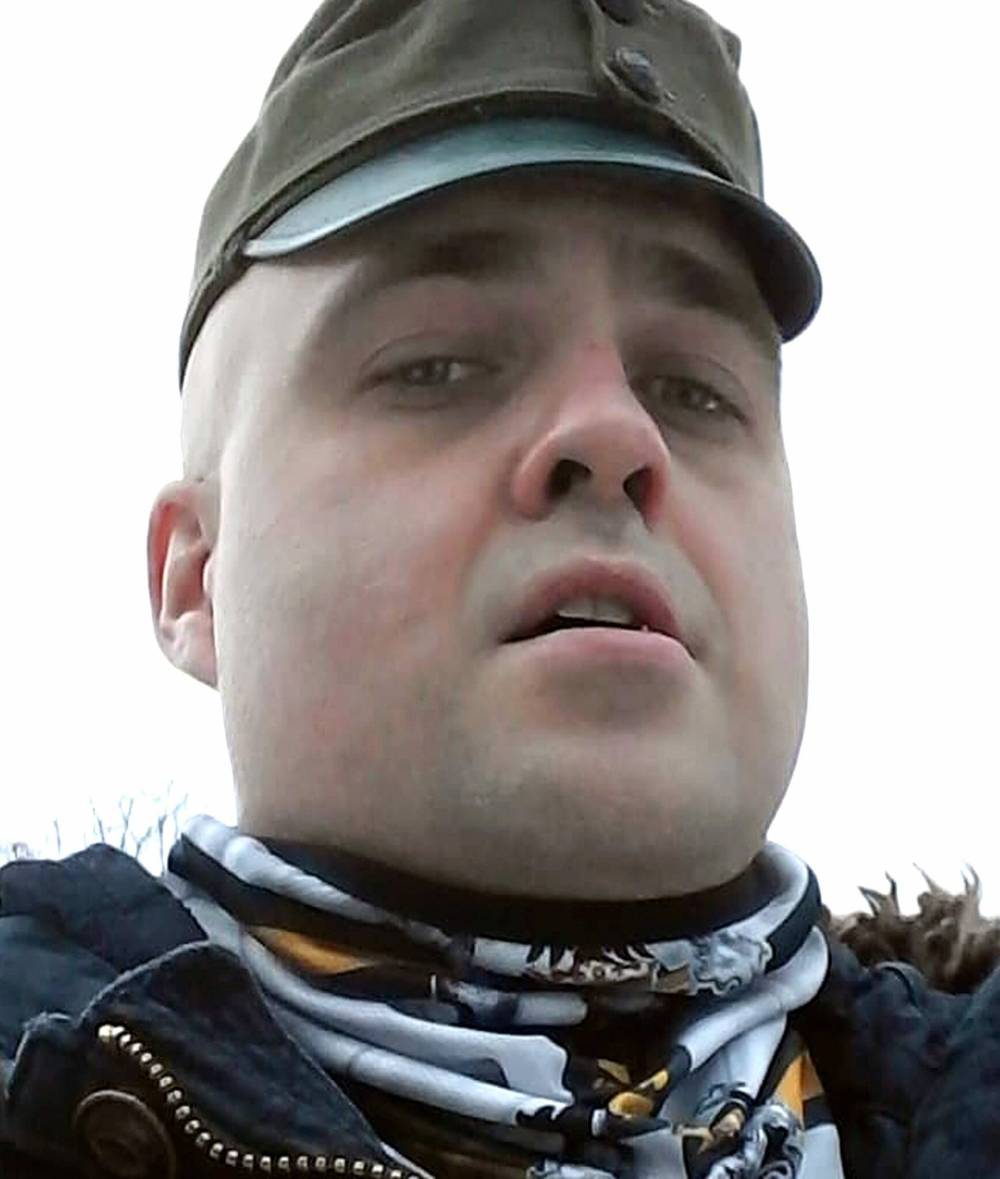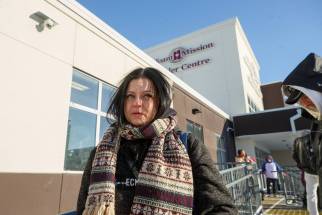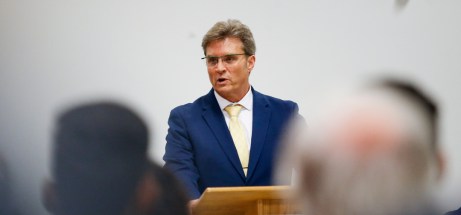Fomenting hate sets stage for heinous criminals’ devastating acts
Read this article for free:
or
Already have an account? Log in here »
To continue reading, please subscribe:
Monthly Digital Subscription
$0 for the first 4 weeks*
- Enjoy unlimited reading on winnipegfreepress.com
- Read the E-Edition, our digital replica newspaper
- Access News Break, our award-winning app
- Play interactive puzzles
*No charge for 4 weeks then price increases to the regular rate of $19.00 plus GST every four weeks. Offer available to new and qualified returning subscribers only. Cancel any time.
Monthly Digital Subscription
$4.75/week*
- Enjoy unlimited reading on winnipegfreepress.com
- Read the E-Edition, our digital replica newspaper
- Access News Break, our award-winning app
- Play interactive puzzles
*Billed as $19 plus GST every four weeks. Cancel any time.
To continue reading, please subscribe:
Add Free Press access to your Brandon Sun subscription for only an additional
$1 for the first 4 weeks*
*Your next subscription payment will increase by $1.00 and you will be charged $16.99 plus GST for four weeks. After four weeks, your payment will increase to $23.99 plus GST every four weeks.
Read unlimited articles for free today:
or
Already have an account? Log in here »
Hey there, time traveller!
This article was published 07/12/2022 (1095 days ago), so information in it may no longer be current.
When armed gunman Marc Lépine entered the École Polytechnique in Montreal on Dec. 6, 1989 and shot 28 people — killing 14 women — there was absolutely no denying that this heinous act was a hate crime.
In the suicide note he wrote before his rampage, Lépine said: “I have decided to send the feminists, who have always ruined my life, to their maker.”
A hate crime is when someone targets a person or set of people because of their membership in a social, religious, gendered, ethnic or racial group.
Lépine’s hatred of women didn’t happen overnight. He spent a lifetime fostering it through things he read, perceived and watched.
He may have been mentally ill, but his misogyny — his hatred of women — was produced as much by others as himself.
Winnipeg is hardly immune from men who hate and harm women, too. Over the past decade, two have even been called serial killers.
In 2013, Shawn Lamb was sentenced to 20 years for the brutal slayings of two women.
More recently, Jeremy Skibicki has been charged with killing four women.
While Skibicki has yet to be tried, both cases have remarkably similar details.
In both, the women targeted were young and in vulnerable, marginalized situations.
In both, the women were lured to residences under false pretenses.
In both, the bodies of the women were mutilated and mistreated — and then tossed away as if they meant nothing.
And, in both, the women were Indigenous.
There have been another dozen Indigenous female homicides in Winnipeg this year; it is absolutely clear that this community is ground zero in the issue of murdered and missing Indigenous women and girls.
Last week I wrote a column asking readers to say the names of Indigenous female victims. Frankly, it was the only thing to say about what is an ongoing series of hate crimes.
Yes, hate crimes.
Developing story
To hear more on this developing story, tune into the Niigaan and the Lone Ranger podcast at wfp.to/podcast where this week, Niigaan Sinclair interviews Sandra Delaronde, former co-chair of the MMIWG coalition and tireless advocate for Indigenous women and girls, or listen below:
Indigenous women are being targeted by men. While some perpetrators are Indigenous men, the worst and most extensive examples of violence are committed by non-Indigenous men.
There are too many examples of murdered and missing Indigenous women and girls to call it a coincidence. It is clearly systemic, because it happens time and time and time again.
It is more than just the killers who are complicit.
A few hours after Winnipeg police charged Skibicki with the murders of Marcedes Myran, Morgan Beatrice Harris and Mashkode Bizhiki’ikwe (Buffalo Woman) — following earlier charges that he murdered Rebecca Contois — lawmakers and researchers took another look at his social media, searching for evidence of a plan.
It’s been well documented that on social media Skibicki regularly made antisemitic, racist and violent statements and posted videos and articles that celebrated white supremacy.
JOHN WOODS / THE CANADIAN PRESS FILES A vigil for Morgan Harris and the other victims of Jeremy Skibicki was held last Thursday. 
One thing that hasn’t been talked about was that he supported residential school denialism online.
My University of Manitoba Indigenous Studies colleague Sean Carleton, who does research into residential schools, pointed this out to me last week.
Skibicki’s postings included statements and other material denying the existence of unmarked graves of children at residential schools and others arguing that survivors’ stories were lies.
“The government of Canada (especially the NDP) is attempting to manipulate your emotions,” Skibicki wrote while posting a video entitled Canadian Mass Grave Hoax.
Not One Corpse Has Been Found in the “Mass Grave” of Indigenous Children in Canada was the title of an article Skibicki posted.
Even though the material featured nonsensical conspiracy theories and misrepresented information, they clearly influenced Skibicki.
Articles and videos like them are readily available elsewhere. The National Post regularly posts columns in this vein and there are plenty of websites full of this stuff. Manitoba has its share of writers — including former provincial cabinet ministers, judges and professors — who chant “free speech” while saying residential schools were needed and survivors lie about their experiences.
FACEBOOK Jeremy Skibicki supported residential school denialism online.
Jeremy Skibicki may have acted alone when he allegedly murdered Indigenous women but he spent years being conditioned, encouraged and enabled to believe Indigenous people lie about the violence they experience and something must be done to silence them.
Some of the people producing and perpetuating this story have accreditation in the highest educational institutions of our community, with huge platforms and decision-making power.
They, in part, are responsible for the violence against Indigenous people.
Fortunately, residential school denialists are becoming increasingly part of fringe conspiracy-theory movements due to strong, capable research by people like my colleague and a better-educated population.
Challenging the hatred that produces violence against Indigenous women and girls must be a collective action, though. We all must be a part of the solution.
Remember this when next you hear a racist comment in a coffee shop, read an article that calls residential school survivors liars or witness someone spreading falsehoods about the history of Indigenous and non-Indigenous peoples.
niigaan.sinclair@freepress.mb.ca

Niigaan Sinclair is Anishinaabe and is a columnist at the Winnipeg Free Press.
Our newsroom depends on a growing audience of readers to power our journalism. If you are not a paid reader, please consider becoming a subscriber.
Our newsroom depends on its audience of readers to power our journalism. Thank you for your support.
History
Updated on Thursday, December 8, 2022 9:10 AM CST: Amends wording















